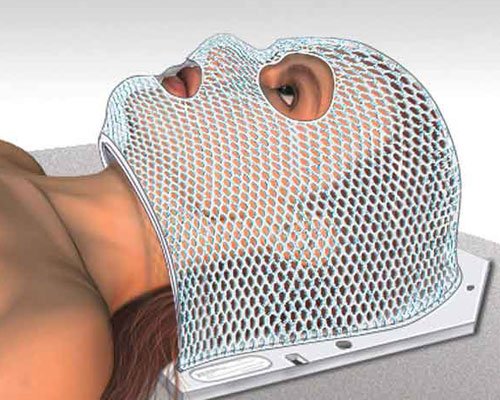Electro stimulation – promising dry mouth treatment for head and neck cancer patients
September 22, 2019 | Dry Mouth / Salivary Glands

Head and neck cancer patients who undergo radiation treatment encounter the feeling of dry mouth, in many cases long after the treatment is completed. The reason being that radiotherapy damages the salivary gland tissue. When these glands do not function properly, not enough saliva is secreted in the mouth. The result is an unpleasant feeling of dryness in the mouth and the oral health risks associated with not having enough saliva. This symptom is called xerostomia. Xerostomia as the undesirable outcome of radiation therapy is the “…most manifest long-term consequences of radiation therapy in the head and neck cancer patient…” reports a new study of Salivary Gland Hypofunction.
The study reviews salivary gland damage as a result of radiotherapy treatment, ways to reduce this damage and strategies to restore function to damaged salivary glands. Since currently only partial protection of the salivary glands is possible during radiotherapy preventing dry mouth only to a certain degree. However, the study finds that electrostimulation is a promising treatment that may bring relief to xerostomia and dry mouth patients. By electrostimulating the salivary glands with a very low voltage, more saliva is secreted naturally.
The method of electrostimulating the salivary glands is already realized with the SaliPen® device, which does exactly that. SaliPen® is a tested and proven method for alleviating dry mouth not only for head and neck cancer patients, but also for those suffering from dry mouth for different reasons.
Regaining salivary gland function in or regenerating damaged gland tissue are other methods that may bring relief to xerostomia and dry mouth patients. These may be achieved by gene and stem cell transfer, yet these approaches are still under investigation and may require more research and technologies in order to be put into practice.

